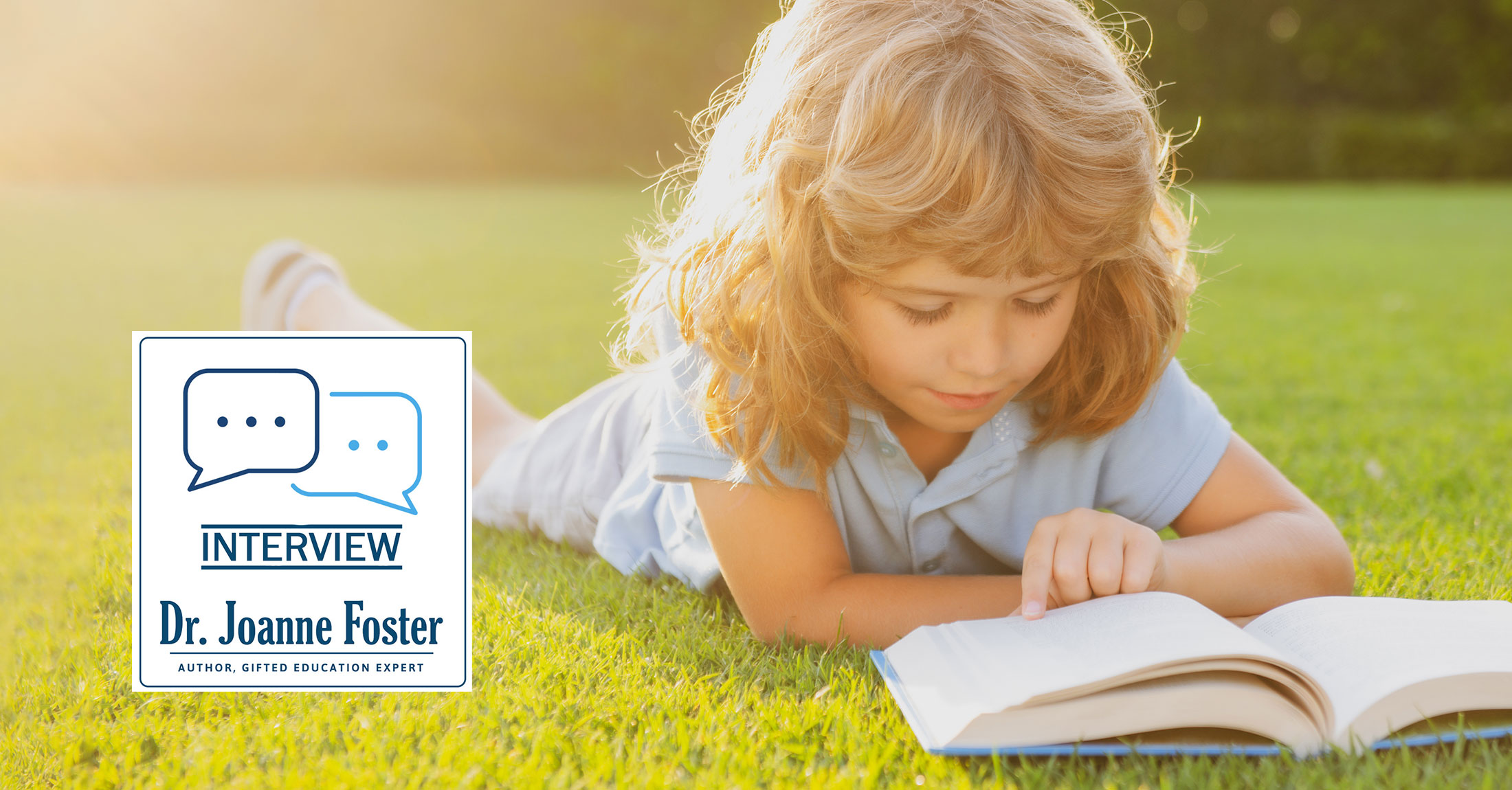Here are my thoughts about hope—then Dr. Matt Zakreski reveals insights, expertise, and helpful suggestions for families.
“Hope is a waking dream.”
~ Aristotle
For me, hope is a celebration of the power of possibility. It’s about moving forward, building upon experience, creating ideas, and being resilient and determined, too. It’s about welcoming change and opportunities, one action and one day at a time. Hope is also about taking a leap of faith when things seem challenging, digging deep to find inner strength, visualizing positive outcomes, and finding the support or comfort needed to fortify the journey ahead.
There are certain short but mighty words that pack a punch—for example, love, choice, effort, joy, share, and play… Hope is one of those words.
Would you like to cure a deadly disease? Win the super lottery? Get a hole-in-one? Visit Mars one day? Why not? It’s great to have hope!
But aside from these personal perspectives. what do people really need to know in order to embrace hope, and benefit from it? I asked Dr. Matt Zakreski, a clinical psychologist who works with children and teens, and who has a thriving practice and a long list of accomplishments—including presentations wherein he states, “I am in the business of hope!”
Here are my questions, and Dr. Matt’s responses.
How would you define hope? And, what does hope look like through the lens of parents and educators?
Hope is the desire for things to be different than they are in your life at this moment. It can be defined as wanting things to get better and/or not to get worse. For kids, hope usually takes the form of aspirational and slightly fantastic thoughts, i.e., “I hope that I get a pony for Christmas!” or “I hope that I make the soccer team!” For parents and educators, hope can take more of an “avoid the negative” stance: “I hope that he makes friends this year,” or “I hope that this call from school isn’t about a problem,” or “I hope that this class is easy this year.” Obviously, adults have aspirational thoughts as well (you’ll get that vacation someday, I promise!), but research indicates that the themes break down in those directions. Additionally, hope is more impactful and instructive when it is personal, which is a thing that many educators can benefit from. For example, you can hope that Bobby behaves, or you can hope that giving Bobby access to his Rubix Cube during math class helps keep his impulsivity down. The more that we know, the more we can help, so the more hopeful we are.
Why is hope important? In particular, why should hope matter to children?
Hope matters so much for all of us, because it can guide our actions towards a better future. Hope is a kind of psychological capital, whereas we can make deposits when good things happen, and withdrawals when we need to tap into our inner strength to make real changes. This is important because hope can be an organizing principle to living a life that is most aligned with our values, as it can provide structure to creating goals toward achieving the life we want. For example, you can be optimistic that you do better in math, but hope is created (and sustained) by making plans towards concrete actions we can do to improve our standing in math. Hope matters in this way, especially to kids, because it gives us permission to acknowledge that life isn’t exactly how we want it to be. By acknowledging this, it allows us to move forward in an authentic way because we can release some of the burden that comes with finding ourselves in a bad situation.
How can kids build upon hope to make it as impactful as possible?
Hope is a virtuous cycle: it helps us feel better, which helps us do better, which then helps us feel better, which then helps us do even better. Our kids are very used to the opposite of the virtuous cycle – the vicious cycle, where feeling bad leads to us doing bad, which makes us feel worse, etc. Often, I tell my clients that they need a win, but if they can’t find one, then they can make one. We can start this process by paying attention to all the good things that we are already doing, and give ourselves more credit for those good things. If you ate breakfast, then that’s a YES! If you made it to school, then that’s a YES! When those victories are aligned with our goals, we create more hope. To begin adding more hope to your life, it can be helpful to take the time to establish 1) what matters to you, 2) what is less than ideal in your life, and 3) what you’re willing to do to make those changes.
What if children struggle finding or tapping into hope? What suggestions do you have to strengthen their hope, and thereby their well-being?
If your kids are struggling to find hope, you cannot rush the process. We need time and space to explore what matters to us and what we want to change. If you’re struggling, it’s a good reminder to return to the basic values: Who am I? What defines me? Who do I want to be? When we live a values-based life, we tend to be more successful in our actions. For example, I realized that I hoped to be a good parent, but I was struggling to meet that goal because I was doing activities that didn’t fit my parenting style. Once I started taking my kids to places/activities that fit my ethos, I started doing much better as a parent, which made me feel better, and made it easier to make better choices in the future.
How can hope propel creative expression in different domains?
Creativity could certainly be its own interview, but one of the most important things to remember about creativity is allowing for the existence of many different types of creativity. Kids can present with many different types of thinking, and thus can manifest many different types of creativity. We have …








